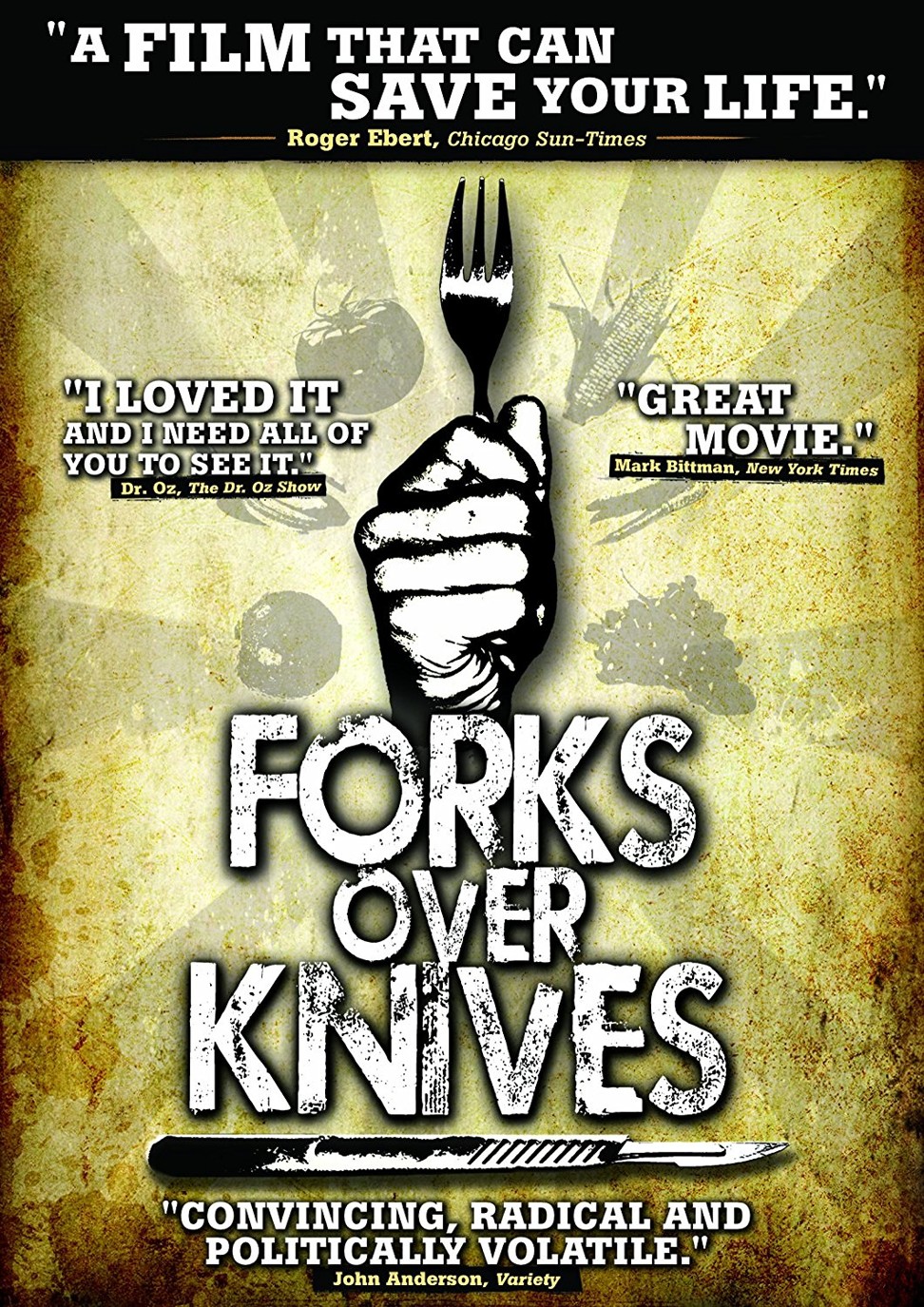
How to beat binge eating: yoga, plant-based diet helped depressed junk food obsessive become a beacon of health
- Nicole* struggled with binge eating for 10 years and lived on junk food until yoga and a wholesome plant-based diet transformed her life
- She also credits podcasts including The Life Coach School and The Done Binging Podcast in helping deal with her emotional scars
For 10 years Nicole* struggled with binge eating, where she would consume large quantities of food in a short amount of time. Her memories from that period are bleak and she recalls one extreme episode in 2006 when aged 15.
“I needed to feed myself and feel full so I wouldn’t feel the emptiness in my heart and body. But I felt so bad afterwards that I could hardly breathe,” she says.
Her condition did not stop Nicole exercising excessively and she would run 10km (6 miles) a day, resulting in injuries to her knees and hip. Her junk food diet, which included large quantities of chocolate, made matters worse, and she was plagued with digestive issues such as diarrhoea and constipation.
Sometimes known as compulsive overeating, binge eating disorder is the most common eating disorder. Binge eaters eat more rapidly than normal, eating until uncomfortably full and when not physically hungry, which is followed by feelings of disgust with oneself or depression, according to US magazine Psychology Today.
Nicole is now free of these struggles and is a vision of health.
In 2019, she quit her corporate job and took a training course in India to become a certified yogi. She also earned plant-based nutrition certificates from the US-based T. Colin Campbell Centre for Nutrition Studies and online educator eCornell.
Be a faster and happier runner with yoga and a veggie alkaline diet
She credits yoga and a wholesome plant-based diet as the reasons for her amazing transformation.
“It took time for me to know myself better and to know what my body needed, [and to] to reconnect with my body,” she says.
Yoga started that journey, she says, adding she was introduced to the discipline in 2015 while working in Hong Kong.
“I didn’t love yoga at first,” she recalls. One reason was the large class size. “Now it’s good to see more boutique yoga studios keeping class sizes small so you can really take care of everyone.”
Nicole says yoga improved her alignment and breathing.
“I realised this was how I needed to feel and that’s the way I needed to breathe,” she recalls.
Besides greater body awareness, yoga made her more mindful of her inner self.
“The first step of acceptance was the hardest for me …[But I got that] through yoga,” she says.
The practice also taught her principles such as self-love, compassion and positivity. For example, beginners may find it tough to accomplish a challenging pose.
“You might feel frustrated, stressed, even angry … but you push through it,” she says, adding that a saying in yoga that taught her this process was: “Expectation is the mother of frustration; acceptance is the way to alignment.”
“You learn to be detached from the results,” she adds.
One 2016 study published in the Journal of Eating Disorders looked at yoga’s benefits at an outpatient eating disorder clinic where patients were undergoing multidisciplinary care.
Twenty adolescent patients with eating disorders took part in weekly yoga sessions, completing seven to 12 classes. Results from participants’ various psychological assessments showed significantly lower anxiety and depression scores and concerns about their weight and body image.
To help deal with the emotional scars caused by Nicole’s eating disorder – struggles associated with an emotionally absent father – she turned to self-help books and online resources.
“I didn’t go to a professional counsellor but listened to lots of podcasts,” she says, crediting Brooke Castillo’s The Life Coach School with helping her better understand her eating disorder and her need to escape reality.
She also found solace in The Done Binging Podcast by former binge eater turned life coach Martha Ayim.
We have to go through it, try to make it smooth and be in the best condition to live with it
In 2018, her quest to solve her digestive problems led her to watch Netflix documentaries such as Forks Over Knives, which explores the links between animal-based diets and disease. Nicole immediately converted to veganism.
“After one week I noticed a difference in my digestion, energy and clarity of thoughts,” she says, adding that her diarrhoea and post-meal sluggishness had disappeared.

Today, yoga and veganism are ingrained in her life as she embraces ways to combat stress.
*Not her real name. This article was updated for privacy concerns.

